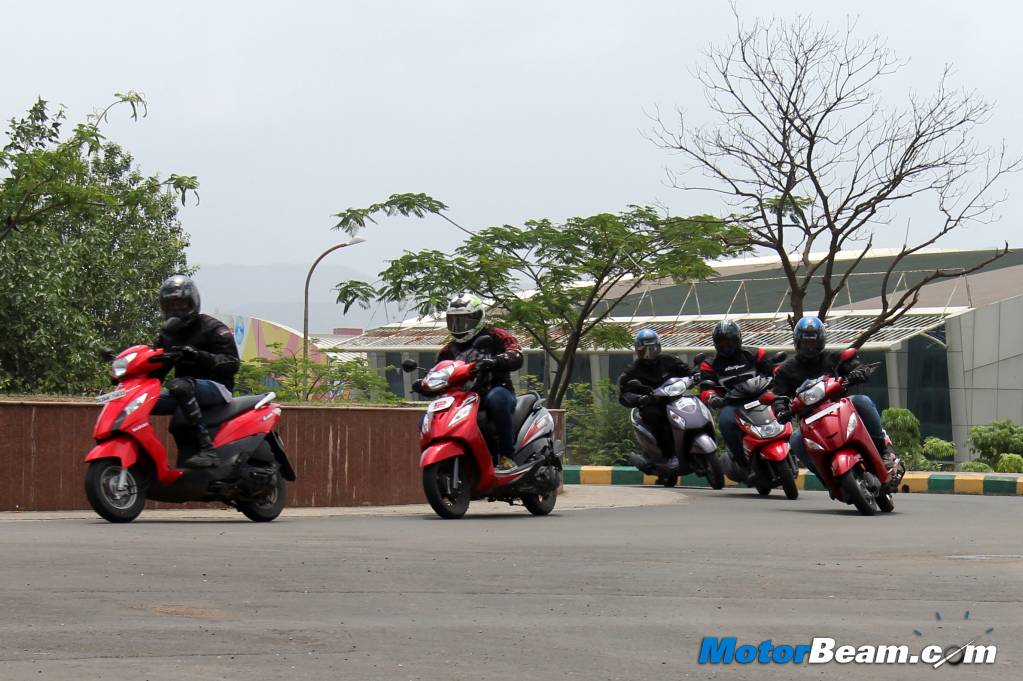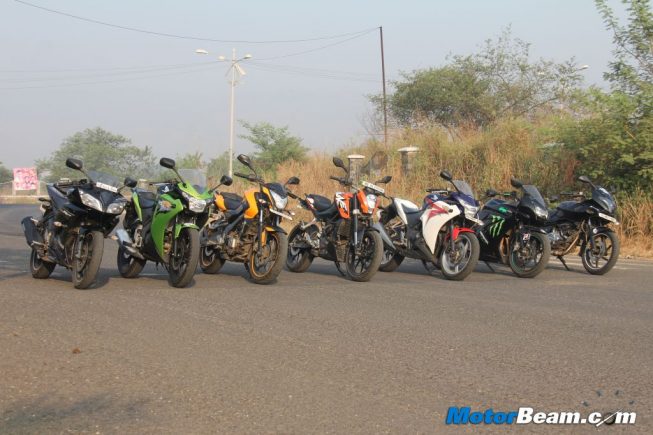The Delhi government will soon start issuing licenses for companies that wish to offer two-wheelers that can be hired by individuals and tourists for temporary periods, similar to the practice in Goa.

In an appreciable move that will not only help tourists but locals as well, the Delhi government has announced the launch of motorcycle rental scheme in the capital. The announcement came on the sidelines of unveiling a new small vehicle taxi scheme with fares available at Rs. 10/- per km in order to improve last mile connectivity in the city. Under the rental initiative, the government will soon start issuing licenses to companies or vendors that wish to offer two-wheelers that can be hired by individuals and tourists for a temporary period.
Companies looking to tap this scheme need to have an office space and a minimum of five commercially registered motorcycles. Until now, motorcycle rental was hardly present in India with Goa being one of the few places to openly provide the option. More recently, private companies and start ups took this idea forward and started rental services in Chennai, Pune while the Leh-Ladakh belt also has its share of rental options. A government official stated that the Delhi-NCR belt did not have such an option and those looking to explore northern parts of India had to travel as far as Goa to get their set of rides.
In addition to the motorcycle renting scheme, the Delhi government is also looking to roll out two-wheeler taxi services with the scheme currently under discussion and will take quite some time to be implemented. Under the taxi service, commercially registered two-wheelers with a fare metre, GPS system and provision for other components like a four-wheeler taxi will be required to start the business.
Unlike the bike rental scheme, the customer here will be riding pillion as the rider will drop him/her from point A to B within the city. Incidentally, a similar app based two-wheeler taxi service called ‘Hey Taxi!’ commenced operations in Mumbai earlier this year, but was shut down by the state government.






